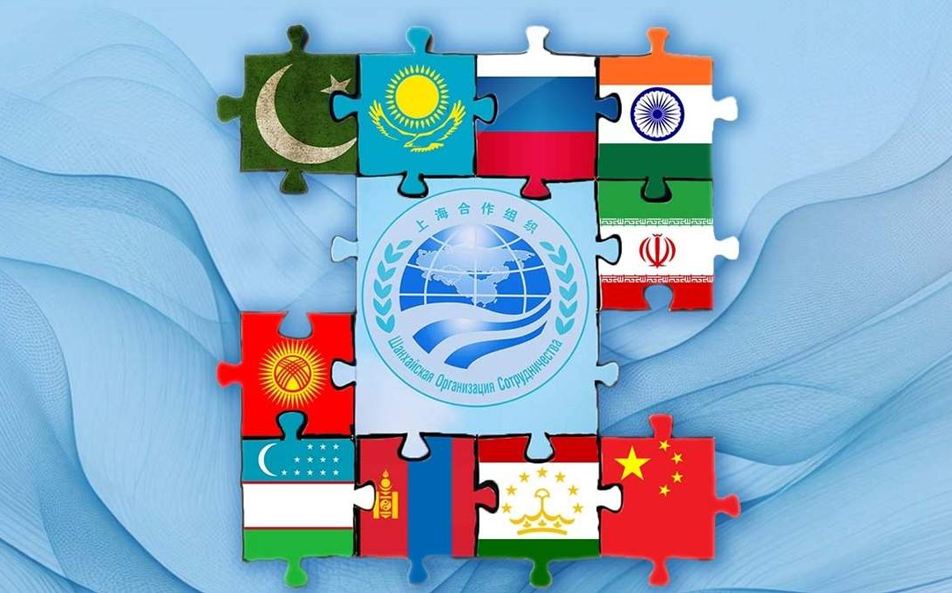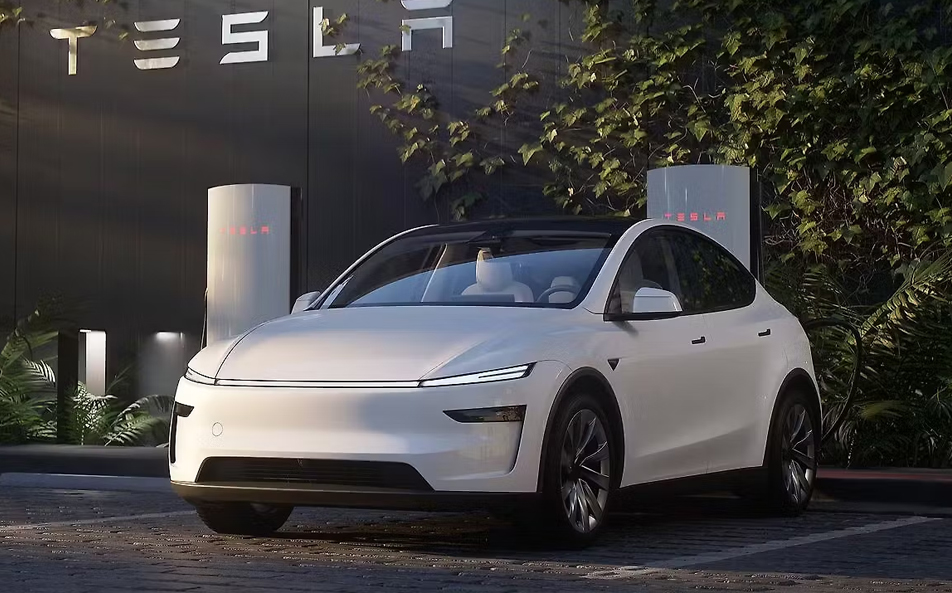
The United Indian

Semicon India 2024 marked a turning point in India's quest to establish itself as a global leader in semiconductor manufacturing. This three-day event, held in Greater Noida from September 11-13, 2024, brought together leaders from across the semiconductor industry, government officials, academia, and technology experts. Inaugurated by Prime Minister Narendra Modi, the event focused on strengthening India's position in the global semiconductor supply chain.
The event was organized in partnership with Messe Muenchen India and the Electronic Industries Association of India (ELCINA). The three-day event took place from September 11-13, 2024, at the India Exposition Mart Ltd (IEML) in Greater Noida, Delhi NCR. It showcased the country’s rapidly expanding semiconductor ecosystem, highlighting India’s growing influence in the global semiconductor industry. With discussions on chip manufacturing, strategic partnerships, and skill development, Semicon India 2024 showcased India’s growing potential in this vital industry.
Highlights from Semicon India 2024
India’s Silicon Diplomacy: A New Era in Chip Manufacturing
Prime Minister Narendra Modi’s opening address at Semicon India 2024 set the tone for the entire event, emphasizing the importance of "silicon diplomacy." He declared that India is committed to becoming a global semiconductor powerhouse, leveraging its growing technological prowess and government initiatives. The Prime Minister’s vision is for every electronic device globally to eventually incorporate Indian-made chips, and his government is working towards achieving this ambitious goal.
Government’s Vision for a $500 Billion Electronics Industry
PM Modi highlighted the government's target to transform India’s electronics sector into a $500 billion industry by 2030. This transformation in semiconductor industry in India is expected to generate 60 lakh new jobs, significantly contributing to the country's economy. The Prime Minister underscored how Digital India has already made India a significant player in electronics manufacturing. Once heavily dependent on imports, India is now the second-largest producer and exporter of mobile phones, a testament to its rapid industrial progress.
India’s Multiplier Effect Through Digital Innovation
The success of the Digital India initiative has been instrumental in laying the groundwork for India’s semiconductor ambitions. PM Modi stressed how the initiative has created a multiplier effect in the electronics and semiconductor sectors. The rise in mobile phone production is just one example of how India has pivoted from being an importer to becoming a top global exporter. As the country continues to invest in digital infrastructure, the next phase is to lead in semiconductor chip production, a key component in the modern global economy.
Government Initiatives Fueling India’s Semiconductor Growth
- Production Linked Incentive (PLI) and Design Linked Incentive (DLI) Programs : The Indian government has introduced several flagship initiatives to boost the production for semiconductor industry in India. The Production Linked Incentive (PLI) and Design Linked Incentive (DLI) programs provide critical financial and policy support to semiconductor companies, both established and emerging. These programs aim to increase chip production, reduce dependency on imports, and support the development of advanced technology in India. With strong government backing, these initiatives have successfully attracted global semiconductor giants to invest in India's growing ecosystem.
- Critical Minerals Mission: Securing Resources for Chip Manufacturing : Another major announcement at Semicon India 2024 was the launch of the Critical Minerals Mission. Recognizing the importance of essential minerals in chip manufacturing, the government has initiated this program to boost domestic production and acquisition of these critical materials. This mission will secure the supply of vital resources such as silicon, cobalt, and rare earth elements, ensuring India’s semiconductor industry remains competitive in the long run.
- Research and Development Initiatives: Collaborating with IITs : In addition to financial incentives, the Indian government is focusing on enhancing research capabilities. Prime Minister Modi announced plans to establish a Semiconductor Research Centre at the Indian Institute of Space Science and Technology (IIST). This research center will collaborate with leading academic institutions, including the Indian Institutes of Technology (IITs), to accelerate innovation in semiconductor technology. By leveraging the intellectual power of India’s academic institutions, the government aims to drive cutting-edge research and position the country as a leader in semiconductor technology.
- Building a Robust Semiconductor Ecosystem in India : One of the primary goals of Semicon India 2024 was to facilitate the development of a comprehensive semiconductor ecosystem. This effort involves collaboration between various stakeholders, including equipment manufacturers, material suppliers, and gas providers, to create a robust supply chain for chip production.
- Collaboration Among Key Industry Players : The event provided a platform for top semiconductor companies, both domestic and international, to explore opportunities for collaboration. By fostering partnerships with leading global companies, India aims to strengthen its domestic semiconductor manufacturing capabilities. These collaborations are crucial for building the necessary infrastructure and technology needed for high-volume chip production.
- Sustainable Industry Practices and Hybrid Electronics : A significant focus at Semicon India 2024 was on sustainable practices in semiconductor manufacturing. Industry leaders discussed adopting green technologies and sustainable methods to reduce the environmental impact of chip production. The event also highlighted the growing potential of hybrid electronics, where flexible and innovative electronic components are integrated into traditional systems, further enhancing India's technological capabilities.
Empowering Youth: The Future of India’s Semiconductor Workforce
Skill Development and Education Initiatives
Recognizing that a highly skilled workforce is essential to support the growth of India’s semiconductor industry, Semicon India 2024 placed great emphasis on skill development. Numerous workshops and seminars were organized to engage with students and young professionals, offering them opportunities to explore careers in the semiconductor field. The event also showcased India’s efforts to nurture the next generation of semiconductor engineers and technicians, a key aspect of building a sustainable industry.
Semiconductor Fabrication Boot Camp and Industry Insights
One of the major highlights for students and young professionals was the semiconductor fabrication boot camp, hosted by the India Semiconductor Association (ISA). This boot camp offered hands-on experience in chip manufacturing and fabrication processes, providing participants with valuable insights into the practical aspects of the industry. Additionally, Micron Technology delivered a presentation on advanced packaging solutions, further expanding knowledge on the future of semiconductor production.
Strategic Global Partnerships: Strengthening India’s Global Position
Cross-Regional Collaborations and Technology Transfer
A key theme at Semicon India 2024 was the emphasis on cross-regional partnerships to advance India’s semiconductor goals. The event facilitated discussions on strategic collaborations with countries like Japan and the United States.
One of the major announcements was the technology transfer agreement between Powerchip Semiconductor Manufacturing Corporation (PSMC) and Tata Electronics. This deal marks the first commercial wafer fab in India in three decades, representing a significant milestone for the country's chipmaking ambitions.
Support from Leading Semiconductor Equipment Providers
Semicon India 2024 also saw major semiconductor equipment suppliers such as Tokyo Electron and Lam Research enter the Indian market. Tokyo Electron will provide cutting-edge chipmaking tools for Tata Electronics' wafer fab, while Lam Research has established a new semiconductor lab in India. These moves reflect the growing opportunities for equipment suppliers as India expands its chipmaking infrastructure.
Major Industry Milestones: Shaping India’s Semiconductor Future
Several groundbreaking announcements were made during Semicon India 2024 that will shape the future of India's semiconductor industry:
- Tata Electronics’ MoU with ASMPT Singapore: Tata Electronics signed a Memorandum of Understanding with ASMPT Singapore to advance assembly, testing, marking, and packaging (ATMP) facilities in Karnataka and Assam. This collaboration will further strengthen India’s semiconductor infrastructure.
- L&T’s Partnership with IBM: L&T Semiconductor Technologies announced a collaboration with IBM to design advanced integrated circuits (ICs) for a range of applications, including mobility, energy, and cloud computing. This partnership is expected to accelerate India's growth in semiconductor R&D.
The Future of India’s Semiconductor Industry in India
India’s semiconductor market, currently valued at $23.2 billion, is projected to reach $80.3 billion by 2028. With a compound annual growth rate (CAGR) of 17.10%, India’s role in the global semiconductor ecosystem is poised to expand rapidly. Semicon India 2024 demonstrated the country’s potential to become a leading player in the semiconductor supply chain, driven by government initiatives, global partnerships, and a growing domestic market.
Conclusion
Semicon India 2024 was more than just a conference—it was a platform that showcased India’s bold aspirations and commitment to becoming a global semiconductor hub. The combination of strong government support, strategic partnerships, and a focus on building a skilled workforce ensures that India is well on its way to leading the semiconductor revolution. With the groundwork laid, India’s semiconductor industry is set to grow exponentially, playing a pivotal role in the future of global technology.
Read more in Recent Events
Jul 18, 2025
TUI Staff
Jul 15, 2025
TUI Staff
Jul 14, 2025
TUI Staff

Stay Tuned with The United Indian!
Our news blog is dedicated to sharing valuable and pertinent content for Indian citizens. Our blog news covering a wide range of categories including technology, environment, government & economy ensures that you stay informed about the topics that matter most. Follow The United Indian to never miss out on the latest trending news in India.
©The United Indian 2024








